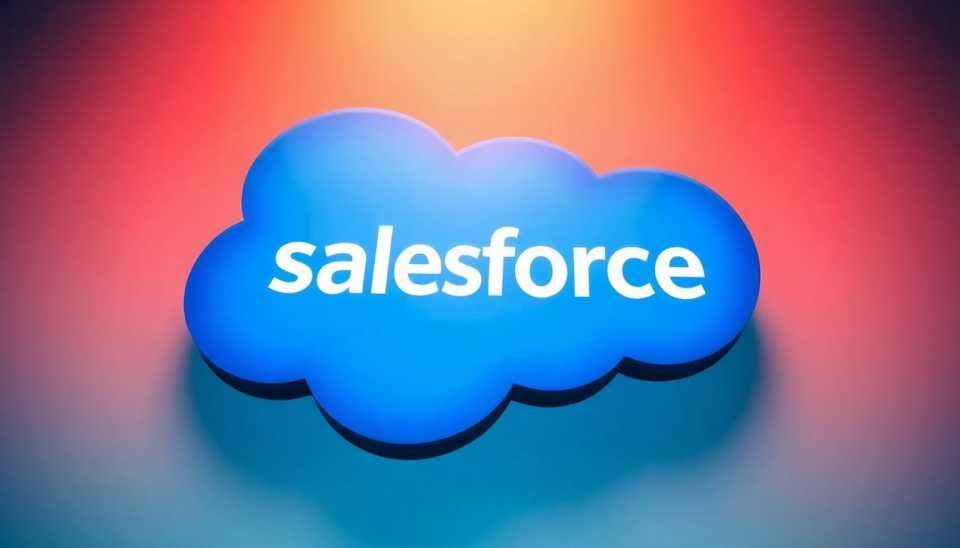
In a significant shift in its hiring policy, Salesforce has announced that it will be ending its diversity hiring targets. This decision comes in the wake of a federal directive issued by the Trump administration, which aimed to eliminate broader diversity initiatives across various sectors, including corporate America's hiring practices. The move by Salesforce, a leading cloud-based software firm, marks a pivotal moment in the ongoing debate surrounding diversity hiring and its implications for workplace equality.
Salesforce, a company known for its commitment to building a diverse workforce, had previously implemented strict hiring goals to ensure underrepresented groups were given equal opportunities within the company. This initiative was part of a broader trend among many large corporations that sought to actively confront systemic inequalities in employment. However, with the recent policy changes, the tech giant has decided to reevaluate its approach in alignment with federal guidelines.
The directive from the previous administration came with controversial implications, as it criticized programs that sought to recruit or promote employees based on their race, gender, or other characteristics. Critics of the Trump administration's order viewed it as a step backward in the fight for equal representation and opportunity in the workplace. By ending its diversity targets, Salesforce is not only responding to the federal regulations but also navigating the complexities of balancing corporate values with compliance to government mandates.
Salesforce’s decision has sparked discussions among industry leaders and advocates for diversity and inclusion. Many are concerned that abandoning targeted hiring efforts may undermine years of progress toward a more equitable workforce. Advocates argue that while the intention behind such initiatives could lead to potential backlash, the importance of diversity cannot be underestimated. Businesses are often more successful and innovative when they incorporate a variety of perspectives and experiences.
Moving forward, Salesforce has indicated that, while it will no longer officially track diversity hiring goals, the company remains committed to fostering an inclusive workplace. The company stated that it still values diversity and will seek to implement solutions that promote inclusivity without being restricted by formal targets. This approach may involve reevaluating recruitment strategies and enhancing workplace culture in ways that support all employees, regardless of their backgrounds.
The decision may resonate beyond Salesforce, influencing a larger trend among major corporations and their responses to government regulations concerning diversity. As companies adapt to new political, social, and economic landscapes, the discourse around diversity hiring will likely evolve, prompting further action from organizations committed to creating equitable work environments.
As the diversity hiring landscape shifts, it remains to be seen whether other organizations will follow in Salesforce's footsteps or opt to reinforce their commitments to diversity and inclusion. The conversation surrounding these policies will undoubtedly continue, sparking debates on the effectiveness and ethics of diversity hiring practices across the corporate world.
As the industry watches closely, the implications of Salesforce's decision will likely serve as a bellwether for future trends in corporate hiring practices.
#Salesforce #DiversityHiring #CorporatePolicy #Inclusion #TrumpAdministration #WorkplaceEquality #DiversityAndInclusion
Author: Liam Carter




